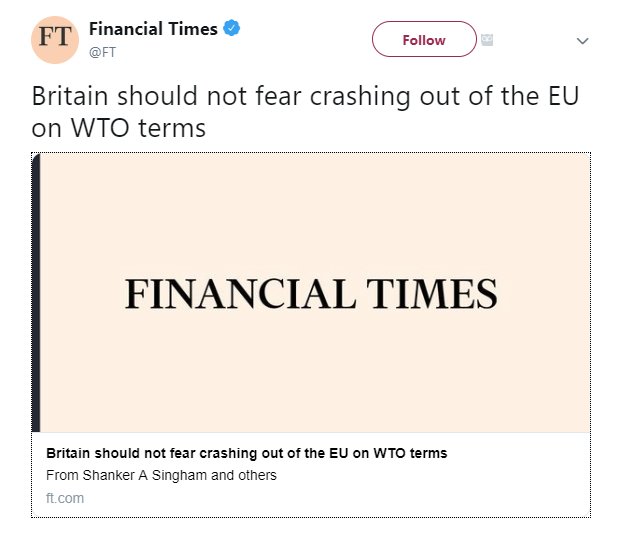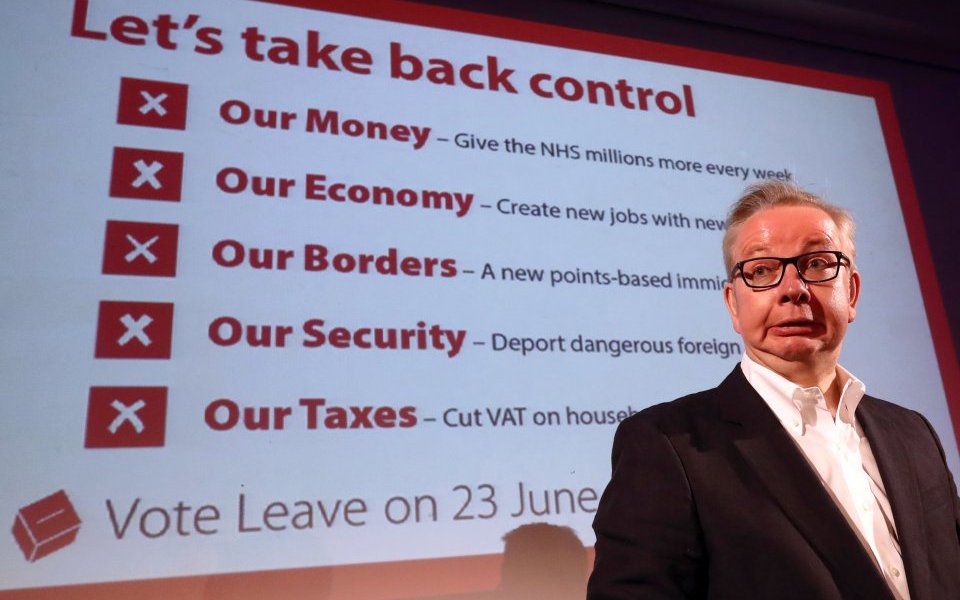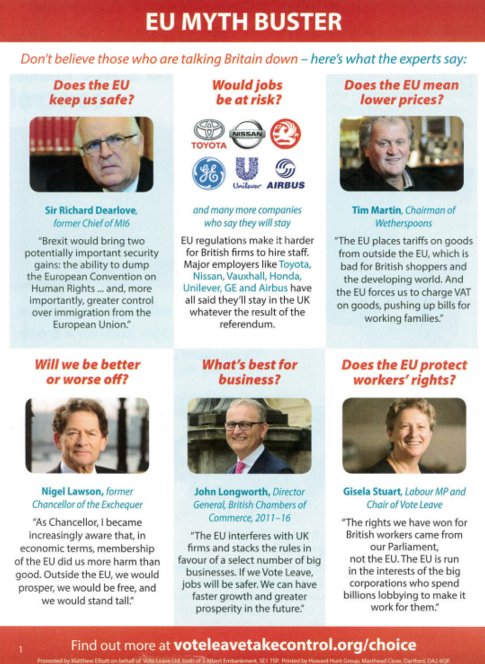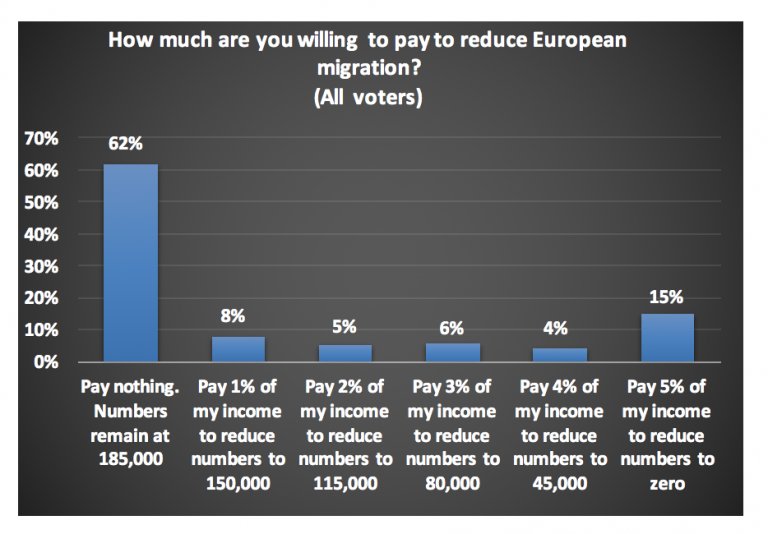The trade details of Brexit are critical, but there's confusion about what's going on.
Since I'm followed by both @LeaveHQ folks and thanks to @mrjamesob, half of #FBPE, a maximally neutral explanation thread 👇🏻
The closer the UK is to the 'only @WTO side', the more barriers it'll face in trading with the EU, both in goods like cars and services like accounting and finance, but the more trade policy and regulatory independence the UK will have.
In order to trade in a foreign market, exports in both goods and services have to pay tariffs & prove they meet a range of regulations. Some services are even completely barred.
Under the EU Single Market, exports from the UK don't face these problems.
In order to maintain the 'Single Market' described above, EU has no internal tariffs and closely aligned rules on goods and services. The UK had a voice in shaping those.
Under a WTO model, the UK can set its own.
Every check at the border adds time, administrative cost and hassle. This makes British firms less competitive.
Many modern supply chains rely on 'just in time' models where parts arrive mere hours before they're used. Delays risk that.
Because the EU is a Customs Union, there are no tariffs on goods trade between its Members and the entire bloc has a common set of external tariffs.
This means UK firms don't pay tariffs, and say, US firms only pay tariffs once to enter Europe.
However, if it's not, UK goods may be charged tariffs upon entry into the EU and vice versa (read: delays, admin, costs).
So importantly, because the UK wasn't part of Schengen, EU citizens never had the right to 'migrate' there, except as part of delivering a 'service' (ie. for work).
A key UK Brexit demand has been to end that.
The EU considers its Single Market indivisible, across both goods and services. They say the UK limiting services (including travel for employment) but keeping current goods arrangements undermines the EU Single Market by cherry picking from it.
Some non-EU countries have worked out arrangements with the EU whereby they enjoy some of the benefits of the Single Market, but retain some autonomy.
Under the Norway Model for example, the country is part of the EU Single Market for Goods and Services (including movement of labor) but doesn't get a real voice in shaping the rules and regulations it must align with as a result.
My advice is to ignore the rhetoric and ask for specifics.
A truck arrives in Dover, headed for Calais carrying potatoes.
- What documents will it need?
- What documents will the driver need?
- Will the potatoes be tested?
- Who sets & administers the test?
- Will a tariff need to be paid?
Also do not accept:
- The WTO rules mean it will be fine.
- We'll just do an FTA.
- EU won't want problems.
/Thread
Check the replies to it for corrections.










